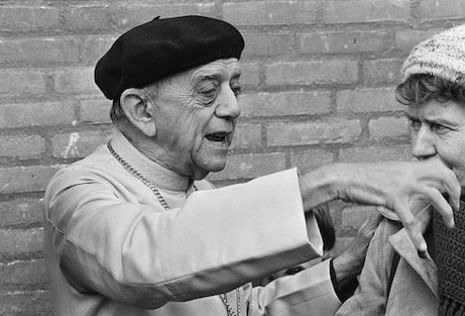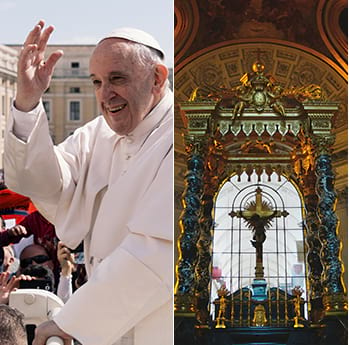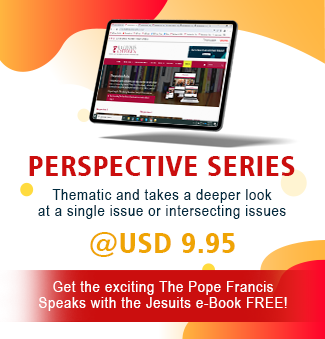One of the best known and most important figures in the Latin American Church of the last century, and in the universal Church as well, is Dom Hélder Câmara (1909-99), known above all for his actions and testimony as the archbishop of Recife.
Long ostracized by his country’s military government due to being considered subversive, and recommended multiple times for the Nobel Peace Prize, without success, Dom Hélder was subsequently rehabilitated by the authorities of his country. His testimony became a symbol of a Church that fights for freedom and greater justice. His cause of beatification was recently initiated, at the unanimous request of the Brazilian episcopate.
Around the world, he is remembered only for the latter part of his life, which is covered by numerous publications, but in truth Dom Hélder Câmara accompanied the troubled historical events of his country for most of the century (he died at 90 years of age). It is not our intention here to provide a complete biography[1] , but rather to indicate some of his defining characteristics.
Childhood, education and first years of ministry
Hélder was born on February 7, 1909 in Fortaleza, the capital of the State of Ceará, in the north of Brazil, the eleventh child of João Eduardo Torres Câmara. At the time of his birth, having exhausted the repertoire of preferred names, his father consulted a geographic atlas and concentrated on Holland, deciding to give the child the name of a city in the Netherlands. And thus the future Archbishop was called Hélder. His father was a mason, and despite never renouncing his masonic faith, he had all of his sons and daughters baptized, and educated them as Catholics.From the time he was small, the timid and quiet Hélder liked to “play priest,” repeating that his intention was to enter the priesthood. When things gotserious, his father let him go to seminary in 1923, covering the expense. His education was customary for the time: a lot of theology, but little interest for social problems. Hélder proved early on to be a leader and an organizer, brilliant in his studies, but also a free spirit. He was ordained as a priest on August 15, 1931, at 22 years of age.
The official Brazilian Church of that period went through a process of profound reorganization, promoted by the archbishop coadjutor of Rio de Janeiro, Dom Sebastiano Leme da Silveira Cintra, the future cardinal of the same city (then the capital), who aimed to reconquer the position lost by the Church in Brazil by earning above all the support of the ruling class and intellectuals.
This article is reserved for paid subscribers. Please subscribe to continue reading this article
Subscribe
Welcome to
La Civiltà Cattolica !
This article is reserved for paid subscribers
Please login or subscribe to continue reading this article
























